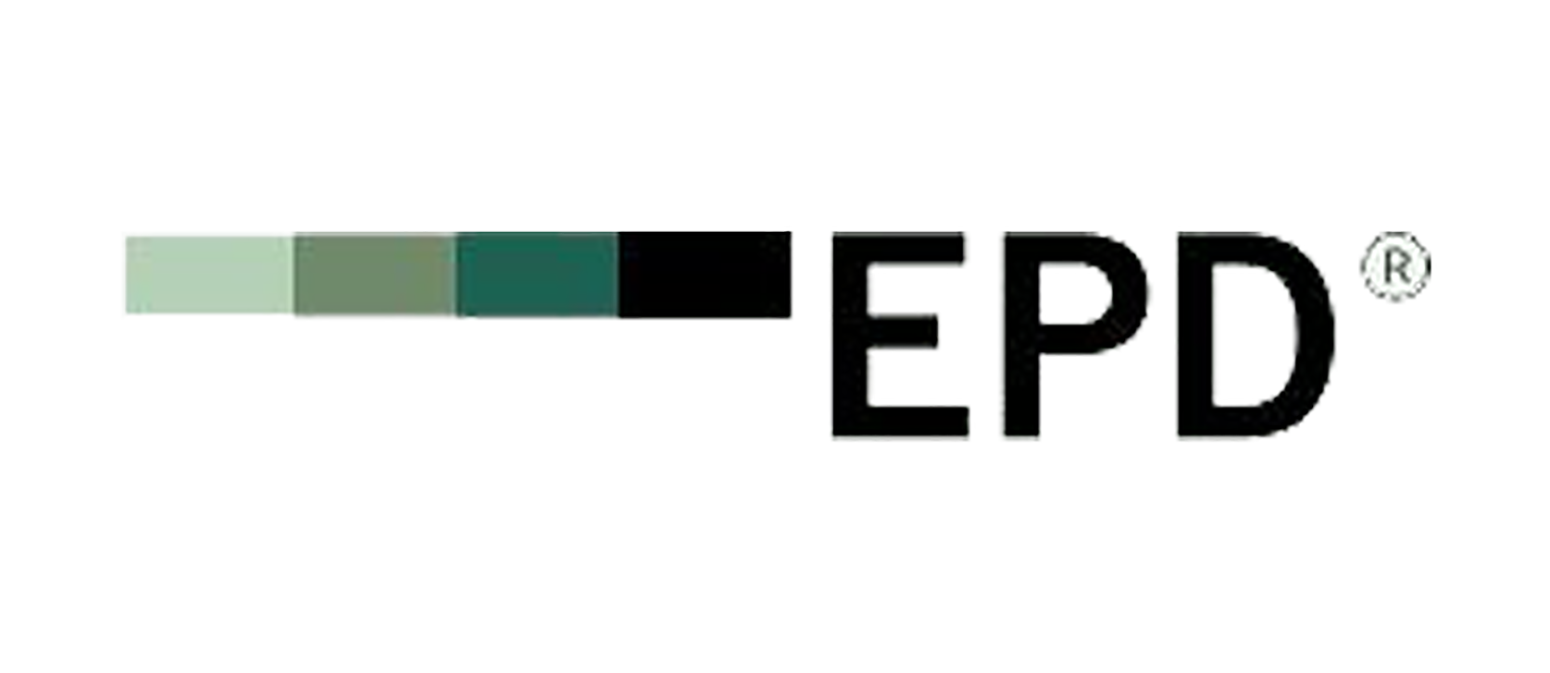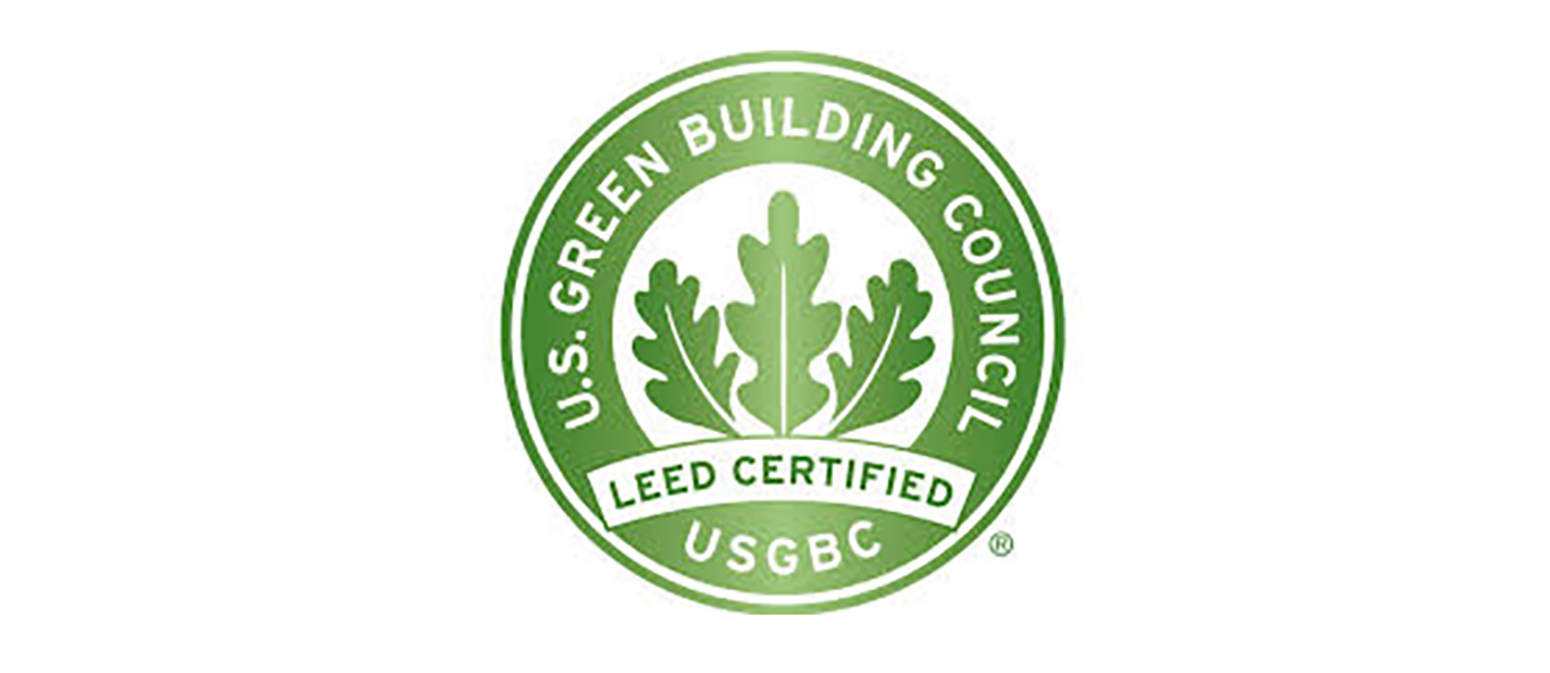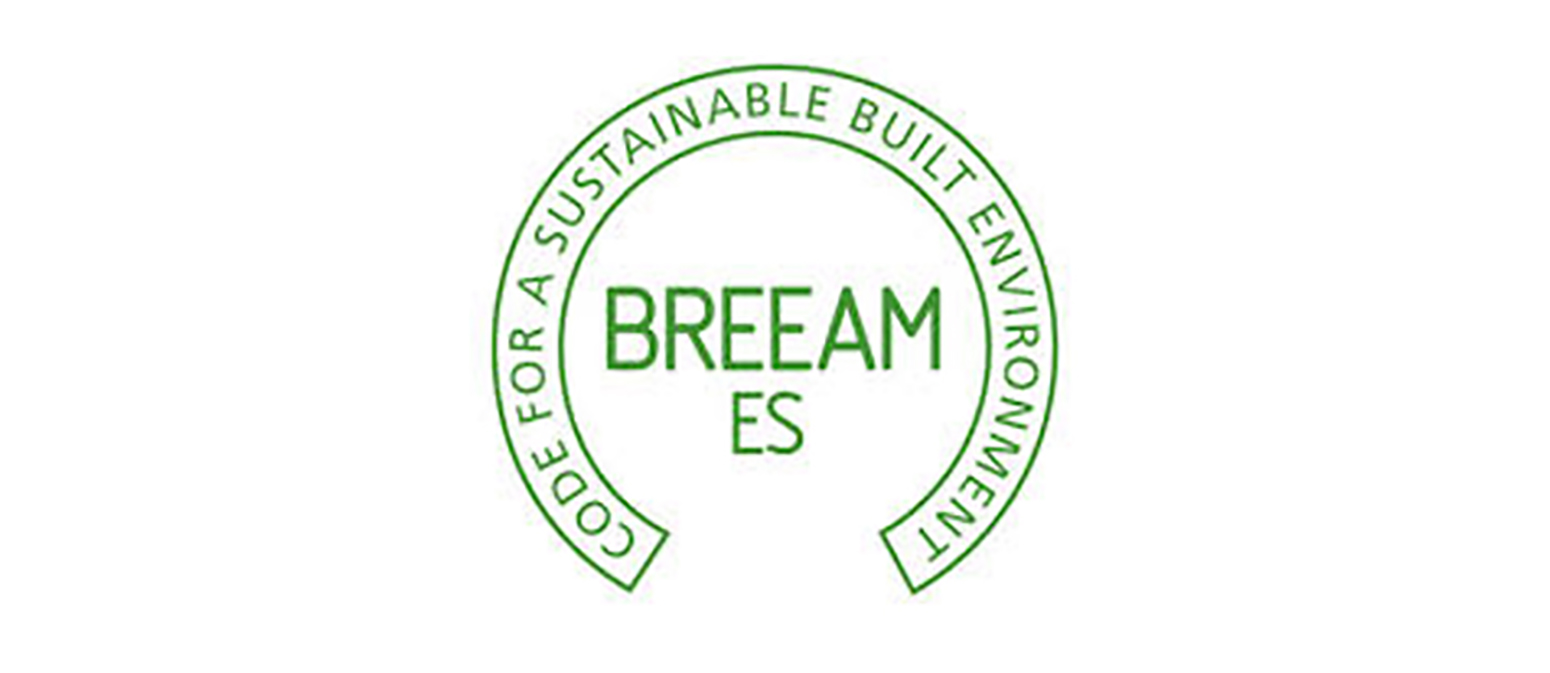Each one of us has to be aware of the changes our acts make in the environment. That is why it is so important to raise awareness among people and businesses about keeping sustainable habits, regardless of the activity we do.
Production generates an environmental impact and resource consumption. We are committed with the environment to reduce that impact: optimizing resources, implementing an ambitious recycling policy, using sustainable, hi-tech materials. All within a continuous improvement and environmental respect philosophy.
As a result of such a commitment, Rauman has been the first office partition manufacturer in the world to achieve an EPD® certificate, taking into account the transport of the materials and their installation on site.
It is an Environmental Product Declaration certificate that quantifies environmental information on the life cycle of a product or service, according to ISO standard 14025.
In order to create an EPD declaration, the Life Cycle Inventory (LCI) is analysed according to the calculation rules established by the Product Category Rules (PCR). Following the requirements of the PCR, the results obtained in the LCI are compiled in a EPD report format.
Developed by the US Green Building Council, it is a widely recognized ecologic and sustainable construction programme. The so-called Leadership in Energy and Environmental Design (LEED), requires objective evidence that the specific requirements have been compliant in the areas of sustainability, water use efficiency, energy, atmosphere, materials and resources, interior environmental quality, locations and ties, environmental awareness and education, and design innovation. LEED uses a 100-point scale to rank and reward design based on its potential environmental impacts.
Building Research Establishment Environmental Assessment Method (BREEAM) is one of the most common and internationally recognized voluntary certification systems for sustainability in buildings. BREEAM evaluates the performance of buildings in a wide range of criteria from energy to ecology, including aspects related to the use of energy and water, the internal environment (health and well-being), pollution, transportation, materials, waste, ecology and management processes, and gives a final score, after applying an environmental weighting factor that takes into account the relative importance of each area of impact.
Sustainable development is the ability to meet the needs of the present without compromising the resources of future generations, guaranteeing the balance between environmental care, economic growth and social well-being.
The Sustainable Development Goals are the master plan for a sustainable future for all of us. They interact with each other and embody the global challenges that we face every day, such as poverty, inequality, the climate, environmental degradation, prosperity, peace and justice. In order not to leave anyone behind, it is important that we succeed in meeting each of these goals by 2030.




